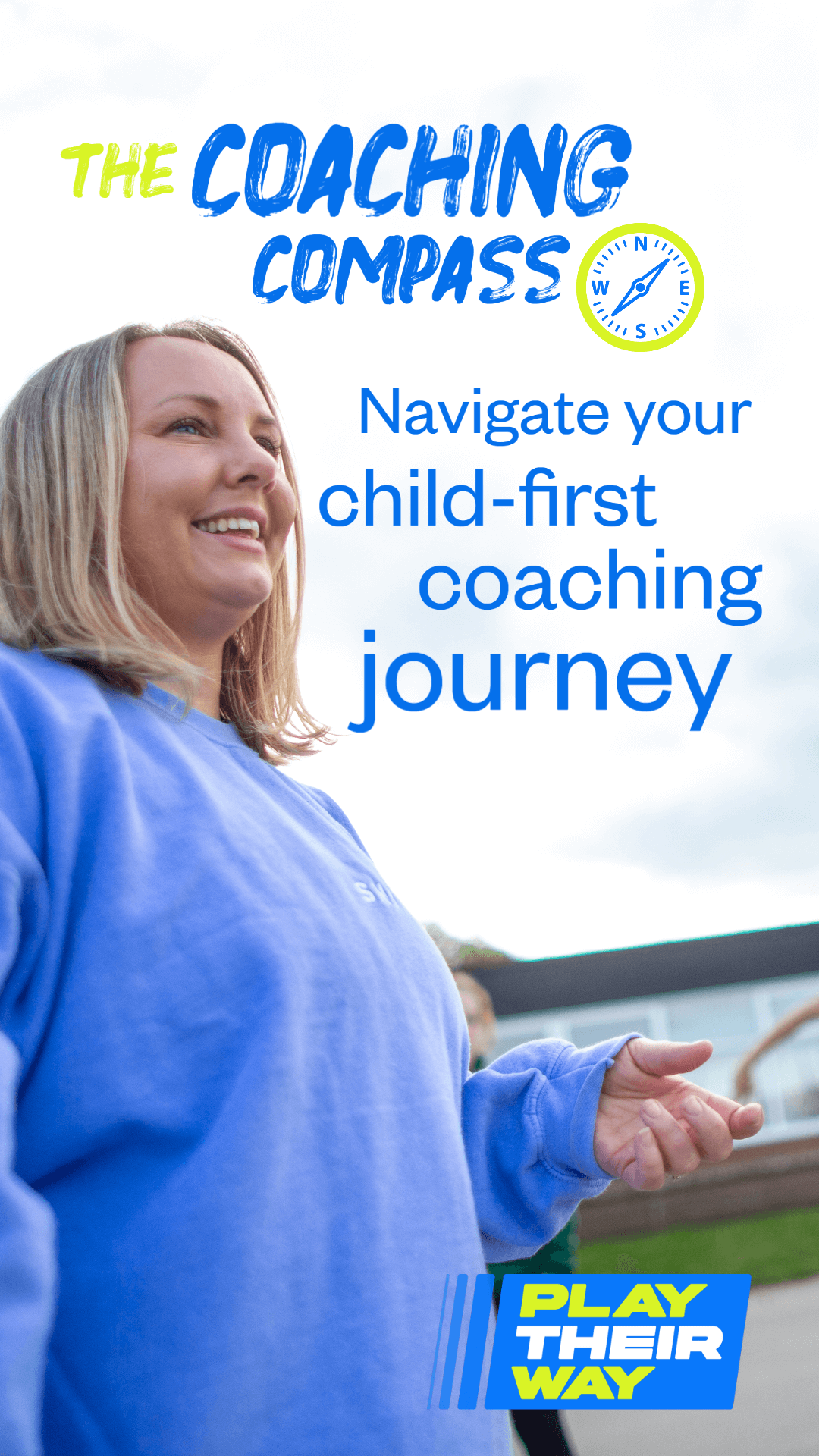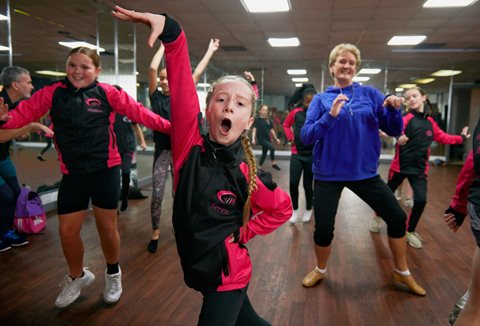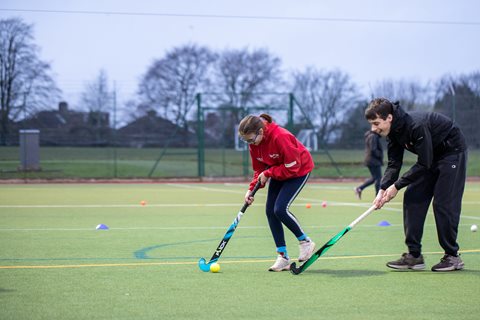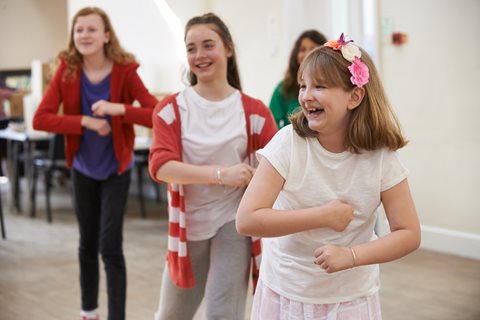Our cookies
We use essential cookies to make our website work smoothly for you. To make sure we're always improving, we'd like to use analytics to track how people use the site. We won't set non-essential cookies unless you give us permission. You can find more information about all the cookies we use in our Privacy and Cookie Policy.
Some cookies are a must for our website to function properly. If you turn off essential cookies, it may affect how you experience our site.
The non-essential cookies we use help us understand how you use our website and make improvements to enhance your experience.
Roles and Responsibilities of a Sports Coach
A sport coach’s responsibilities are broad and they can range from the emotional to the practical. Here we talk to some coaches about what they see as the prime roles and responsibilities of a good coach
Included in this article:
5 responsibilities of a sports coach
Here are some of the top responsibilities of a sports coach picked out by our experts.
Responsibility 1: Make your sessions fun
Making your sessions a great place to be is one of the biggest responsibilities of a sports coach.
“Every coaching session you deliver you want it to be fun and enjoyable,” says Alexander Giles of the Activity Alliance .
“Make sure they have a positive experience in your care,” agrees Russell Earnshaw from the Magic Academy. “In order to do that, you’ve got to be curious. Ask questions – ‘What's the one thing you love doing?’ or ‘If I give you feedback, how would you like me to do that?’ or ‘What's your motivation for being here today?’”
Responsibility 2: Plan your sessions
And those sports coach responsibilities mean thinking in advance about how to make your sessions fun – along with also ensuring your sessions are well organised, appropriate and safe.
Find out more about injecting fun into your coaching sessions while ensuring they are safe, with our guide on how to plan a sports coaching session
Involve players in planning just so you check in that you're meeting their needs. It’s good to have a framework around your environment and how you want it to be. For me, I would use the PACE model: so playful, accepting, curious, empathetic.”
Russell Earnshaw Magic Academy
Responsibility 3: Get to know your players
Make sure you speak to your players not just to involve them in planning, but to get to know them. Investing in the coach-athlete relationship is one of the responsibilities of a sports coach that Alex feels is a priority.
“If you take the time to develop that relationship, the number of things that you can find out that are going to benefit you as a coach but will also benefit the player is vast,” says Alex. “That mentoring and coaching side off the pitch is equally as big as the coaching session that you're delivering - if not probably bigger in some instances.”
Responsibility 4: Adapt your content for your audience
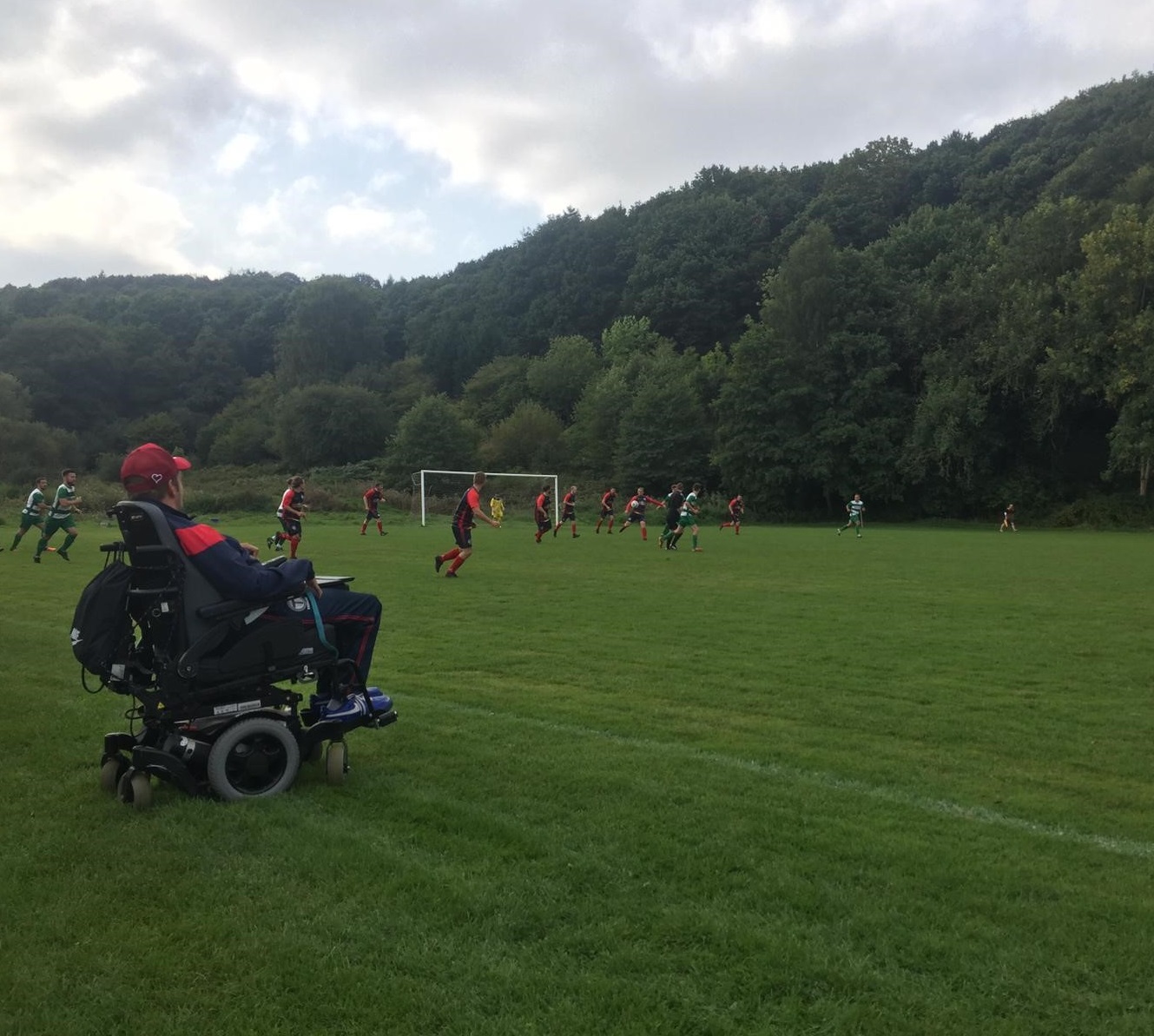
One of the responsibilities of a sports coach is to ensure that sessions are pitched at the correct audience – for example, the right age group, or the right level of ability in the sport.
“It's all about the information, and the level [or amount] of information you can give at one go,” says Alex. “When you’re working with younger athletes, I don’t want to give more than three or four coaching points at once, because you’re then starting to get to overload. If they ask, ‘What did you ask me to do 20 minutes ago?’, that’s a sign I’ve given you far too many things to focus on.”
Responsibility 5: Keep learning
As a sports coach, you’ll keep learning as you work – it's one of the most important qualities of a good sports coach . But you can also extend and develop your own learning with formal courses through national governing bodies or educational establishments.
And of course, you’ll be able to learn a little bit about coaching and sports coach responsibilities as well as your athletes in every session you lead.
“We like to have a thing called the golden thread - that's the main topic,” says Dan Thomas, coach core apprentice at Greenhouse Sports, highlighting the importance of staying focused on what the key point of the session should be. “And it’s for everyone - coaches and players all need that throughout the [session].”
For example, if Dan’s golden thread for an overall session was teamwork, he would tell the athletes beforehand about it, and then he might plan it as follows:
- Warm-up game to encourage teamwork (for instance, a tag team game)
- Main activity to be teamwork-focused (for instance, relays)
- Cool-down game to bring in more teamwork.
Ready to Take Action?
Top Tips: As a child-first coach there are few responsibilities we think are important to your practice. Download a bitesize version of this article for when you're on the move.
TOP TIPS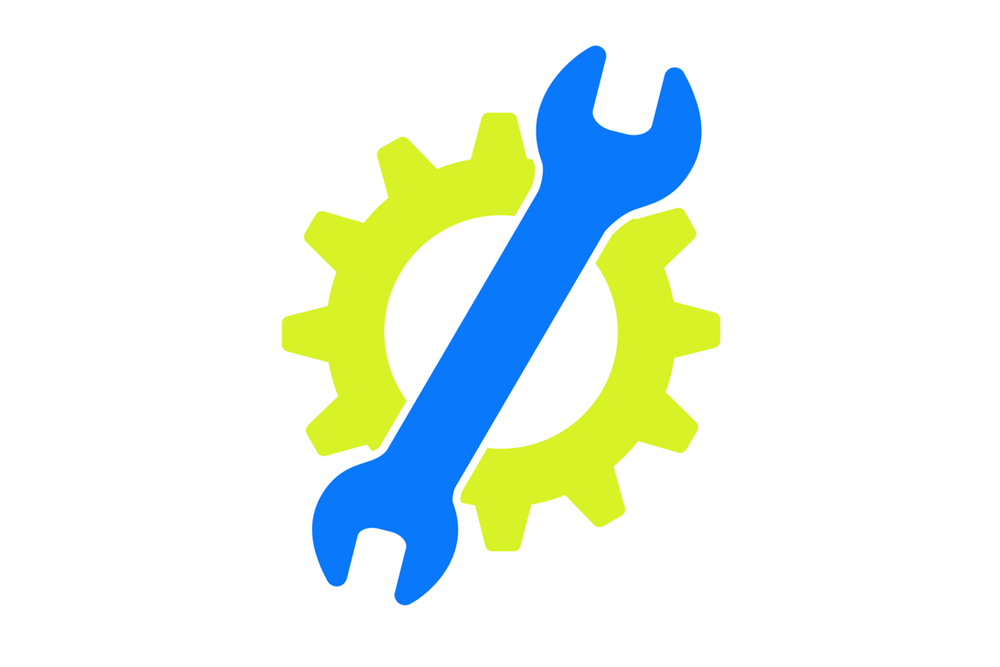
How to make sure you’re coaching responsibly
Working with children according to a child-first coaching philosophy brings additional sports coach responsibilities.
Child protection
Whether you’re working in a company or as a self-employed sole trader or as a volunteer coach, it’s one of the most important roles of a sports coach that you make sure you have your DBS certificate (Disclosure and Barring Service) up to date. If you are working with children, it is likely to be an enhanced check, which gives full details of any criminal record.
Health and safety
Health and safety is one of the responsibilities of a sports coach. Russell highlights the importance of athletes understanding their equipment properly: “In rugby, for example, safety of the scrum; for example in hockey, how you use the sticks,” he says.
Equipment can also include wheelchairs when it comes to disability sport.
“If you don’t plan it properly it can turn into bumper cars,” grins Alex wryly. “Everyone wants to get in the chairs, have a good time, play a bit of football and bump into each other. Make sure the session, while it’s been fun, has also been a safe session.”
Dan likes to build in safety measures as part of the fun. He gives the example of crash mats underneath apparatus for a gymnastics session: “We made it a ‘river’ - you don't want to fall in the river, but you know it’s there to help if you do!”
Alex suggests one of the responsibilities of a sports leader is to check in with athletes – and their families where appropriate – about how they’re feeling and what they’re able to take on in a particular session.
“I certainly don't want to put a player with limited trunk control or who struggles to sit down comfortably in a chair against somebody who is absolutely fine sitting in their chair and wants to fly around,” he says.
And Russell agrees that if you have very young children in your group, it is a good idea to have a chat to parents as well about expectations and ability.
.jpg)
All in all, though, knowing your group remains key. “You’re coaching individuals, really,” says Russell.
Be familiar with the venue you’re coaching in, and whether that has rules or guidelines you should be following.
"I have to make sure I know every single school policy," Dan says. He uses a paper diary as well as an electronic diary to keep track of venues and any other information he needs to know.
Insurance
If you’re not insured via a company, make sure you are covered as an individual, for all the activities that you are running. This is one of the key responsibilities of a sports coach – not just for the athletes you’re working with, but for yourself as well.
What is the most important responsibility of a coach?
It is important to remember the most important responsibility of a sports coach – stay centred on the people you’re coaching.
There are so many roles and responsibilities of a sports coach – there’s a lot to think about. But one of the most significant roles of a sports coach is to introduce people to something that can change their lives.
Sport can be such a vehicle. Sport shapes life experiences and life choices for so many people. Sport has the opportunity - for however long it may be, an hour, two hours a week - to bring people together in unique ways.”
Alexander Giles Activity Alliance
Other resources you may like...
About the contributors

For the past seven years, Alexander Giles has coached a powerchair football team. He is quadriplegic and has cerebral palsy which affects both his arms and legs. “Coaching is massively important to me, I enjoy playing football and competing, but coaching gives me an opportunity to support and be a role model for others,” says Alex. “My message to disabled people who want to get into coaching is be fearless and resilient!”
Dan Thomas has been coaching since he was 15 years old. This year marks his 5th year at Greenhouse Sports where Dan has worked his way up from the apprenticeship programme to a floating head coach role with the charity, working across several schools. Dan has continued to develop his local cricket coaching, working at Elmdon Cricket Club and Essex County Cricket working with two hardball disability cricket teams.
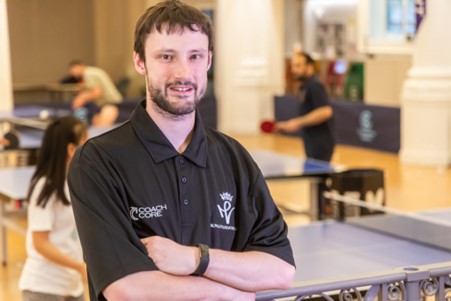
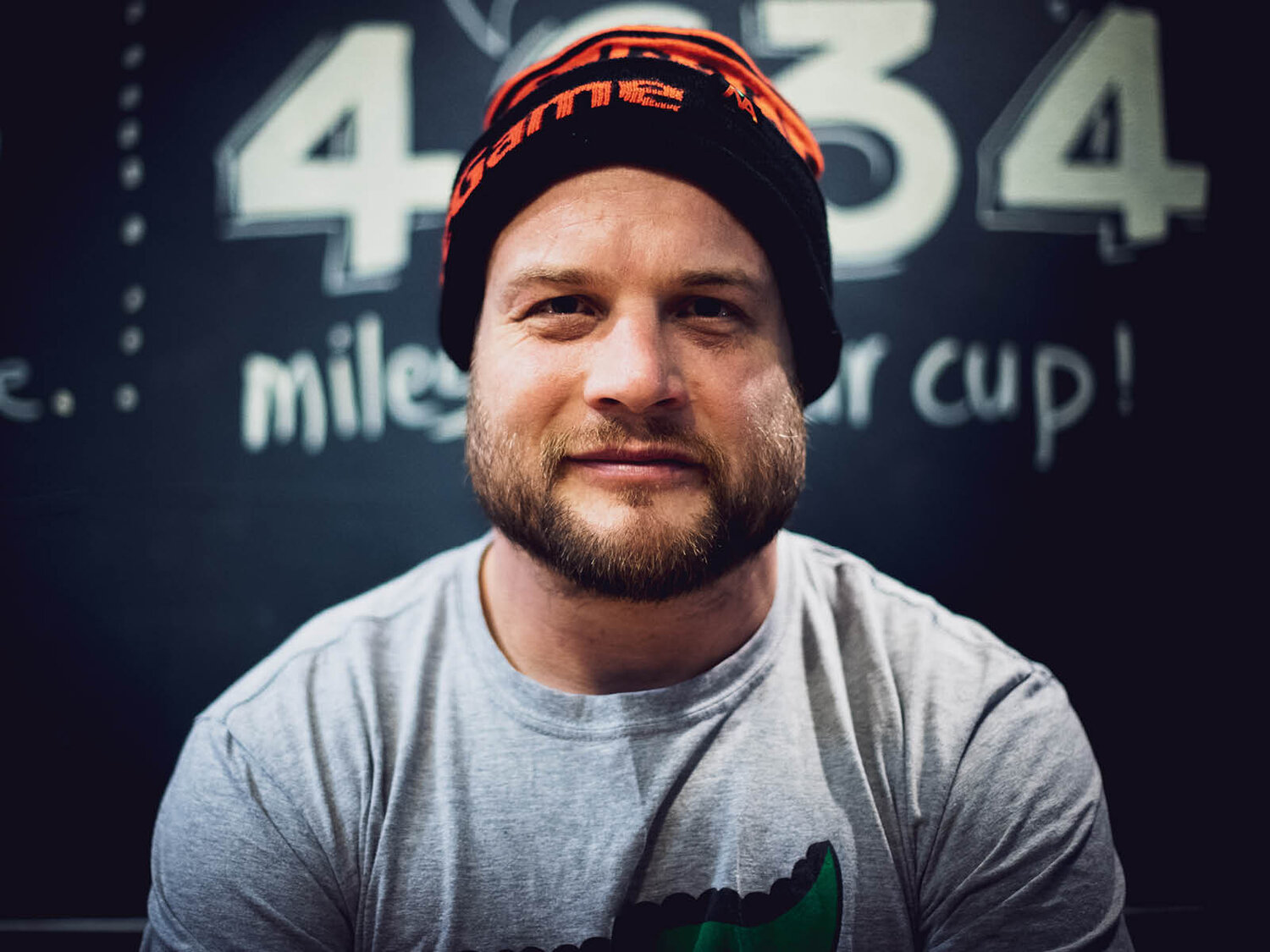
Russell Earnshaw is a journeyman rugby player turned coach, who coached his son at Old Bristolians from U11 to U15 and England 7's, England U18's and England U20's. Russell works for himself at the Magic Academy, helping coaches help players across various sports including hockey, cricket, football, rugby and lacrosse. “I love what I do!” says Russell.
SHARE THE MOVEMENT
Help spread the word by sharing this website with fellow coaches!

